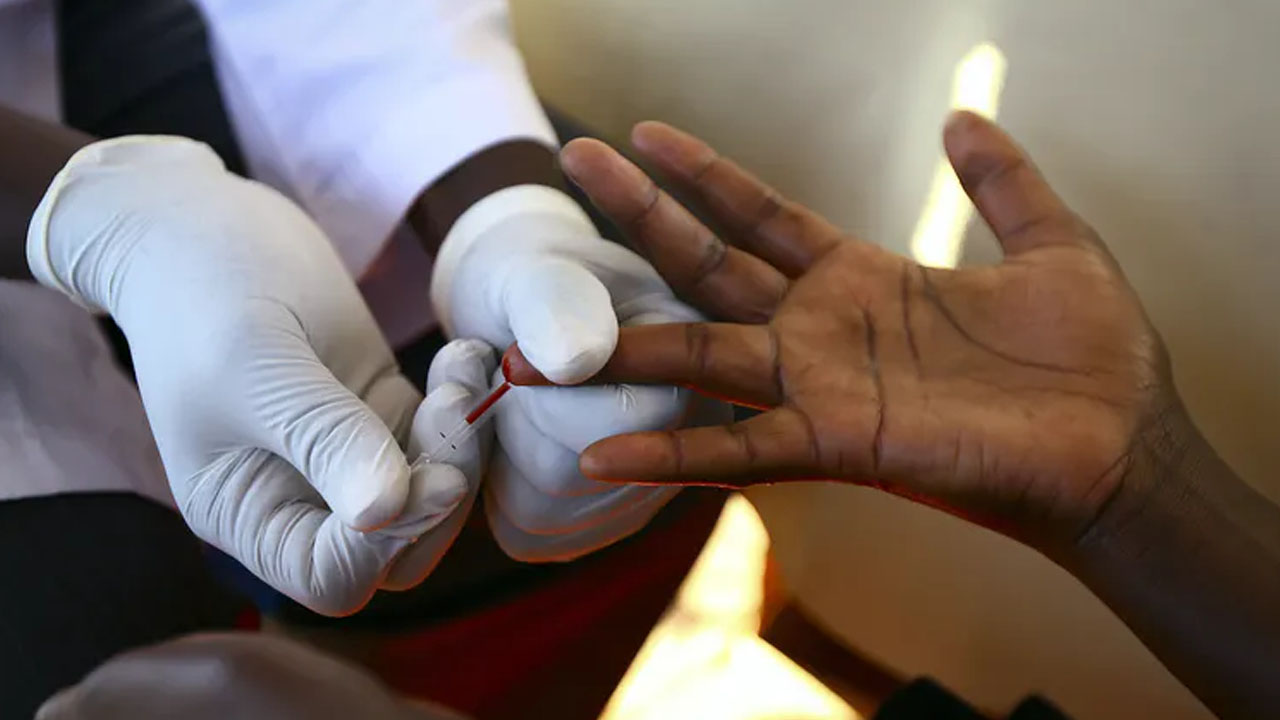Stakeholders have called for urgent and coordinated policy interventions to address the growing burden of neurological disorders in Nigeria and across the African continent.
They made the call at the First Africa Neurological Health Summit 2025, jointly organised by the Brain and Spine Foundation Africa (BSFA) and the Federal Ministry of Health and Social Welfare, which brought together experts, policymakers, and advocates from across Africa.
According to the World Health Organisation (WHO), neurological disorders are now the second leading cause of death globally and the leading cause of disability-adjusted life years (DALYs), accounting for over nine million deaths yearly.
In Nigeria, the prevalence of strokes, epilepsy, brain and spinal cord injuries, Parkinson’s disease, dementia, and neurodevelopmental disorders such as autism and cerebral palsy is rising sharply, a trend most visible in underserved communities where access to diagnosis, treatment, and rehabilitation remains limited.
Speaking at the summit, Minister of Health and Social Welfare, Prof. Muhammad Ali Pate, highlighted the alarming rise in neurological disorders in Nigeria and across the continent.
Pate, represented by the National Coordinator of Nigeria’s Mental Health Programme, Dr Tunde Ojo, emphasised the need for urgent, coordinated, and multisectoral policy action.
He lamented that the high burden associated with neurological disorders is compounded by profound health inequities, adding that nearly 80 per cent of the 50 million people with epilepsy live in low- and middle-income countries.
The minister observed that treatment gaps exceed 75 per cent in most low-income countries and exceed 50 per cent in most middle-income countries, while disabilities associated with neurological conditions disproportionately affect women, older people, and those with poor socio-economic backgrounds.
Pate noted that the Federal Ministry of Health and Social Welfare has developed and implemented a national policy and multisectoral action plan for the prevention and control of Non-Communicable Diseases (NCD).
In her remarks, the Founder and Executive Director of Brain & Spine Foundation Africa, Chika Okwuolisa, described the summit as a historic milestone in the effort to build a comprehensive neurological health strategy for Africa.
She said: “Neurological conditions are everyday realities for millions of Nigerian families. They strike without warning, leave lasting consequences, and often destroy dreams.
“In rural and underserved areas, countless people face these conditions without access to timely diagnosis, emergency care, or rehabilitation. We must build a system where no one becomes disabled or dies from a treatable condition due to ignorance, poverty, and policy failure.”
Also speaking, the Special Adviser to the President on Health, Dr Salma Anas, represented by Umar Yakasai, outlined five key pillars of the government’s strategy to address the neurological health crisis.
She said: “Neurological disorders represent a growing challenge across our nation and continent, touching millions of lives and families. From epilepsy to stroke, Parkinson’s to traumatic spinal injuries, the burden extends beyond clinical symptoms; it reverberates through communities, economies, and our shared future for a prosperous nation.
“Anas said that the sub-theme, Revolutionising Neurological Healthcare in Nigeria, highlights the need to move beyond fragmented interventions and to craft an integrated, sustainable roadmap that leaves no Nigerian behind.
She stated that the government is finalising a neurology benefit package within the National Health Insurance Scheme to reduce out-of-pocket costs and expand access for vulnerable populations.
WHO representative, Dr Mya Ngon, acknowledged regional progress but urged governments to consolidate gains and deepen collaboration across sectors to achieve sustainable impact.
The President of the Nigerian Academy of Medicine, Prof. Samuel Ohaegbulam, decried the inadequate diagnostic infrastructure in the country. “Some teaching hospitals don’t have a working CT scanner or rely on outdated equipment. Some don’t have an MRI scanner at all,” he lamented.






